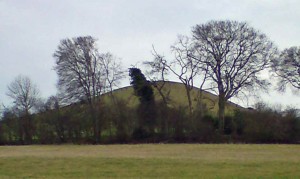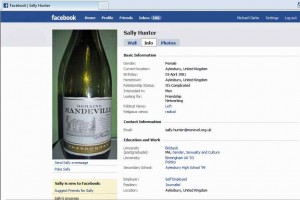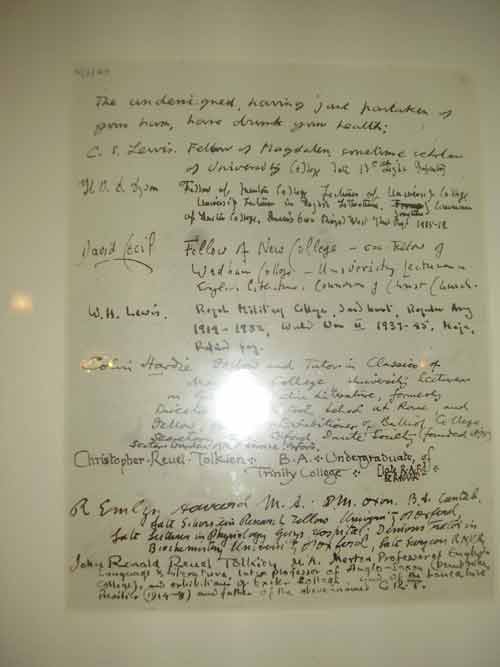More odd musical/novelistic connections: one song I belatedly discovered is by a little known band called The Sneaker Pimps. Even though I only heard it properly on a compilation last year it dates back to 1996. Given my recurring themes in The Angel it’s probably not a surprise (but one I only just realised) that it’s called ‘6 Underground’. It’s more than just the title that resonates — it’s also the general feel of the track (a sort of soporific shuffling beat) and the lyrics.
There’s a bit of a refrain alternating ‘underground/overground’, which is quite apt but I particularly like the sense of contempt hidden behind a veneer of patience. I especially like the couplet:
‘Don’t think because I understand that I care/Don’t think because we’re talking that we’re friends.’
And I like the nihilsm of:
‘Talk me down, safe and sound/Too strung up to sleep/Wear me out, scream and shout’
The intonation of the singer, who’s now called Kelli Ali, fits in my mind the sort of attitude that I’ve tried to depict in Kim in the extract that I’ve written to send out for my reading when we come back after our Easter holidays on Monday. She’s massively in debt, been betrayed by someone who she thought was her boyfriend, is hungover and has to entertain this City banker type who she thinks feels quite sorry for himself as he’s just been fired — but she needs his money. She’s only really prepared to be as civil to him to start with as is strictly necessary (‘don’t think because we’re talking that we’re friends’) but he disarms her by his childish enthusiasm and honest compliments to the point where he wins her round and actually manages to get her to drop a lot of her front too.
I’m not too sure what I think about what I’ve sent out to the rest of the class overall. It’s 2,600 words (a little over so Alison might shut me up again) and it’s just two people in a confined space in real time from one POV. It sows a lot of backstory and primes the rest of the narrative though, after the initially more dramatic scenes of the first two chapters. (Most of the class haven’t seen these but Alison has — and she’s given me feedback on them so I’m not going to get her to sit through me reading those again.) The reader will find that James is into cooking, that Kim is in a bad state (asthmatic. in debt), that she works in a pub part-time, that James doesn’t find her very attractive (bloodshot eyes, dirty clothes, spotty) — he’s surprised at one point that she has a female shape.
Yet the two of them both want something from the other. James wants some sort of validation and approbation of his appreciation of art and music. Kim wants to keep her head above water professionally and financially: she’s also in a situation from which she could be persuaded to escape.
I found the video for the song on You Tube so here it is. (Note the nose piercing.)
I came across an autobiography of Kelly Ali, the singer in the Sneaker Pimps (at the time of ‘6 Underground’ anyway). It’s quite fascinating and she has the same kind of voice and philosophy that I imagine Kim to have, with a few important differences. Seems the other pimps were posh kids from the north east — one of them and his father were accomplished fine wine tasters and could identify reds from tasting them (more echoes of my writing there, especially from ‘Burying Bad News’.).





